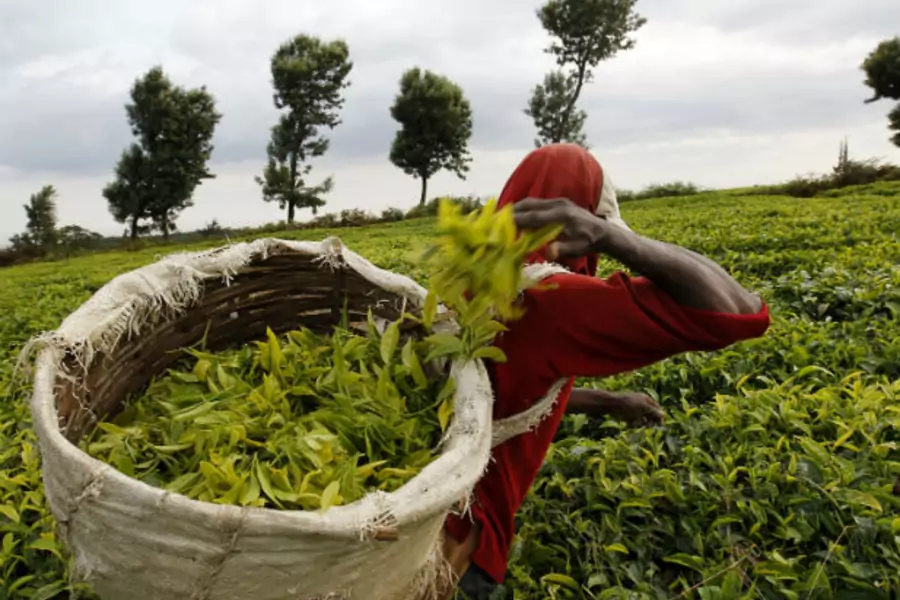More on:
This is a guest post by Owen Cylke. Mr. Cylke is a development professional and a retired senior foreign service officer with USAID. In his post, he discusses the CAADP meeting in Nairobi in early May, and agriculture’s future role in development. In a related development, the White House recently announced a new U.S. Strategy Toward Sub-Saharan Africa, a strategy underscoring the role of agriculture in spurring economic growth, trade, and investment.
One of the more interesting themes emerging from the Comprehensive Africa Agriculture Development Programme (CAADP) meeting in Nairobi on May 3-4 was that directed to the developmental role for agriculture. To date, CAADP has focused largely on production and productivity, but increasingly broader ideas associated with structural change, economic transition, and transformation are entering the discussion. The notion of a developmental role for agriculture is centered on a process where agriculture, through higher productivity, provides food, labor, and even savings to the processes of industrialization and urbanization.
The impulse for the introduction of this new discussion in Africa can be discerned in the development outlook of African heads of state, analysis of the United Nations Economic Commission for Africa (UNECA), advocacy of the African Union Commission (AUC), and program initiative of the New Partnership for Africa’s Development (NEPAD). Respectively, statements include:
• African heads of state: “Adoption of a new strategic approach…effecting the desired paradigm shift from management of poverty…to economic transformation” – African Union Summit, 2010
• AUC and UNECA: “Governing development in Africa – the role of the state in economic transformation” – African Economic Outlook, 2011
• NEPAD: “Emphasizing the rural sector and its role in the development process, articulating a shared vision for its future, and putting forward an integrated framework for action in support of rural transformation as a key factor for national and regional development” – Rural Futures Programme, 2011
The imperative underlying this new direction is underscored by the fact that sub-Saharan Africa is the only region in the world whose economy is still defined by its rural character and agricultural dependence. It is a region that will have to address the challenges of structural change and economic transformation in the face of an unachieved demographic transition in the context of a global open economy and under the constraints of climate change. The analytic support for this sobering assessment and related outlook are best and most recently laid out by the internationally supported RuralStruc Program of the World Bank (Bruno Losch, Task Team Leader).
The CAADP meeting opens the door to the further elaboration of NEPAD’s implementation plan for Rural Futures, organized as it is around the idea of transformation as proposed by African heads of state. Of course, that work should be seen as the logical extension of CAADP, not as an alternative or in contradiction with it. And its elaboration will be dependent on the development of an international consensus around the ideas, goals, and approaches to structural change, economic transition, and transformation.
More on:
 Online Store
Online Store
